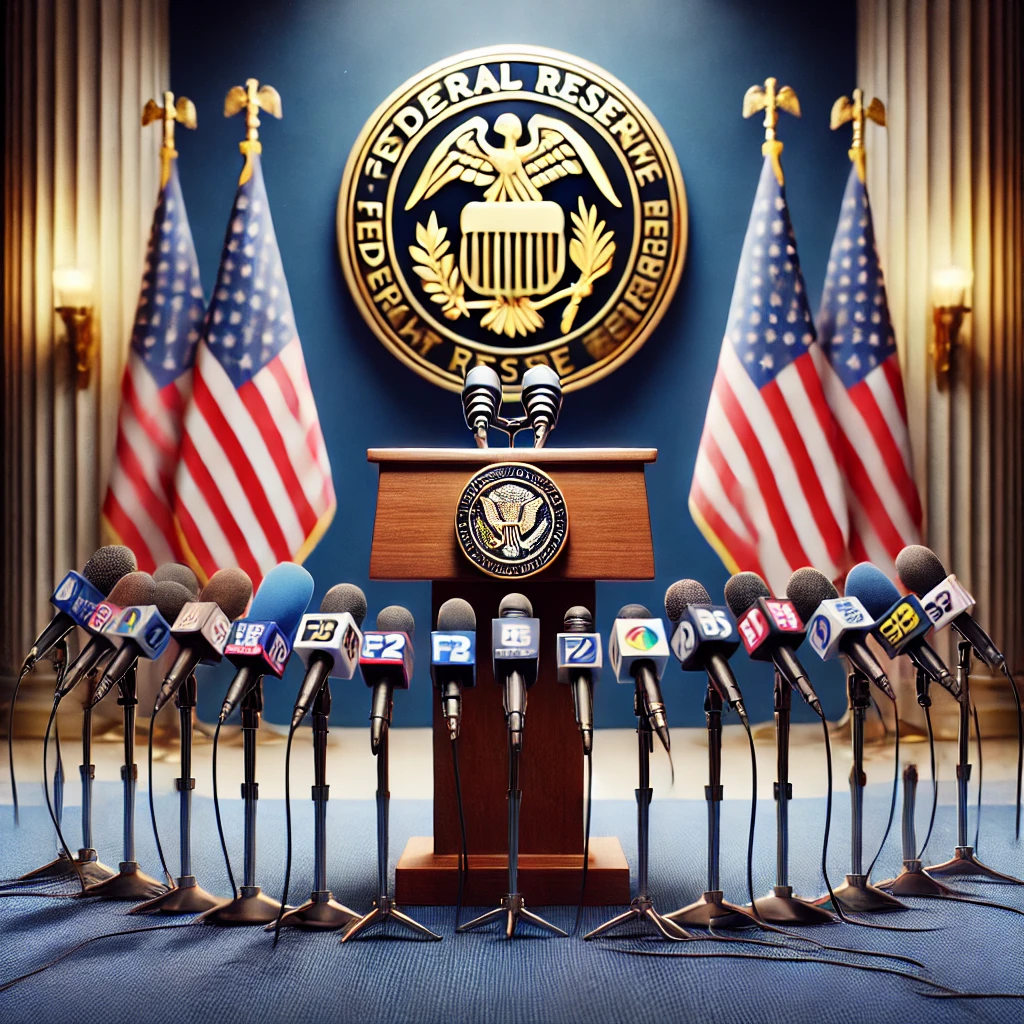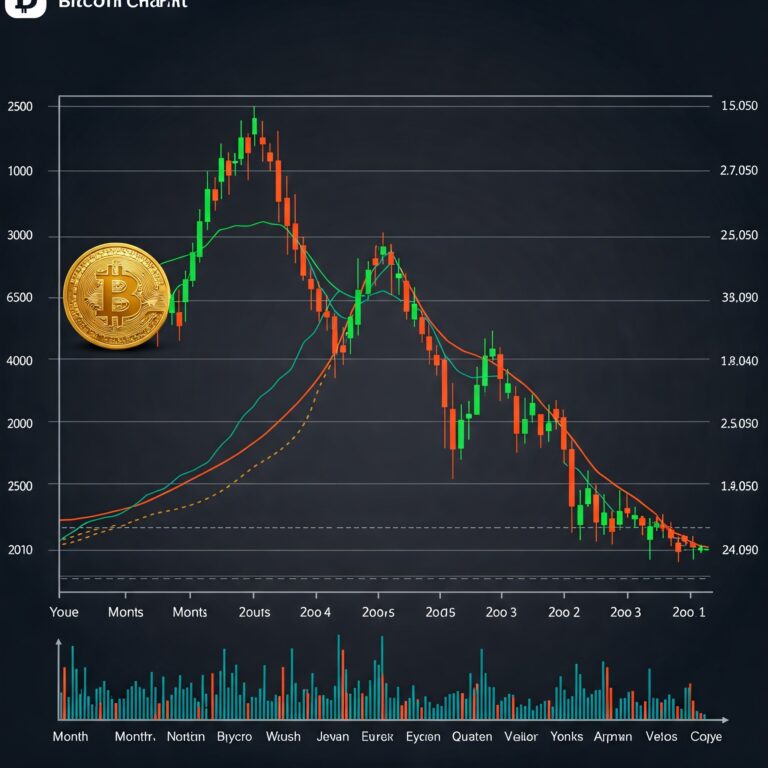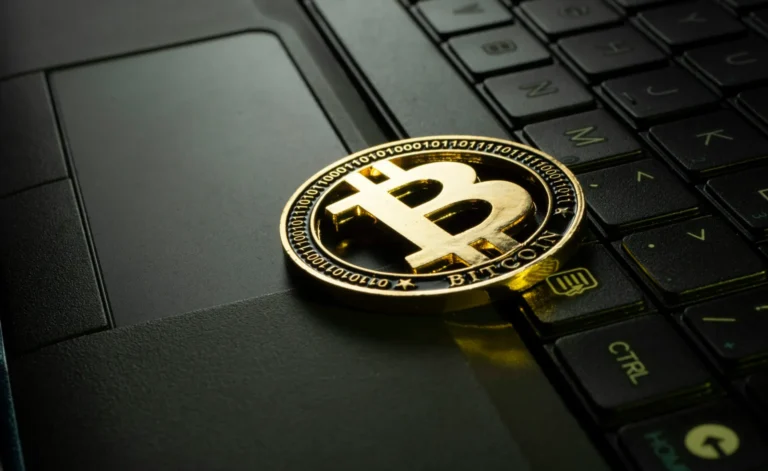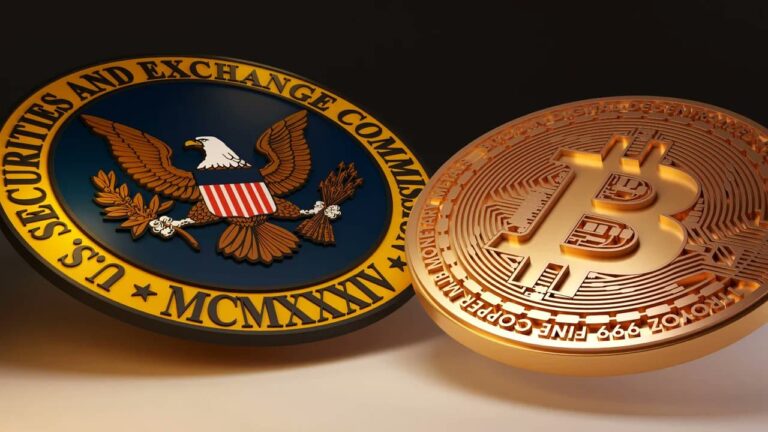
Cryptocurrency remains one of the most polarizing asset classes today. While institutional interest in crypto is growing, it’s safe to say that the majority of its fervent supporters are still retail investors.
In this landscape, the comments of influential personalities can make waves, whether in favor or against cryptocurrency. Over the past few years, MicroStrategy Executive Chairman Michael Saylor has emerged as one of the most vocal advocates of the crypto space, particularly Bitcoin (CRYPTO: BTC).
On December 16, Saylor joined CNBC’s Sara Eisen for an interview, where he shared an intriguing idea: he believes President-elect Donald Trump is serious about creating a strategic Bitcoin reserve. The day following these remarks, Bitcoin’s price surged to unprecedented levels, exceeding $108,000.
Below, we’ll explore why the concept of a Bitcoin reserve could be compelling, how the U.S. could approach building such a reserve, and what this might mean for Bitcoin investors.
Why a Strategic Bitcoin Reserve Could Be Valuable
Currency is inherently volatile, whether we’re talking about the U.S. dollar, the euro, or the Chinese yuan. Shifts in currency values can significantly impact trade, borrowing costs, and economic stability. Unlike the fluctuations seen in stocks, currency value changes carry broader implications for global markets.
In recent years, inflation has reached levels not seen in four decades. In response, the Federal Reserve implemented 11 interest rate hikes to control the rising prices of goods and services. This inflationary pressure has eroded consumer purchasing power, making economic stability a growing concern.
During uncertain economic times, investors often seek refuge in alternative assets, such as cryptocurrency, or opt to hold onto cash. Bitcoin, with its fixed supply of 21 million coins, offers a unique advantage. Adding Bitcoin to the U.S. Treasury’s balance sheet could serve as a hedge against inflationary pressures on the dollar while also introducing diversification into national reserves.
Steps to Building a Bitcoin Reserve
While President-elect Trump and notable figures like Robert F. Kennedy Jr. and Elon Musk have voiced support for Bitcoin in the past, creating a strategic reserve would require significant regulatory changes. For the U.S. to begin stockpiling Bitcoin, Congress would need to either pass new legislation or amend existing laws, granting the Treasury authority to allocate funds for Bitcoin acquisition.
The regulatory framework would need to address key concerns, including the sourcing of Bitcoin, the storage and security of digital assets, and strategies for managing market volatility. With the right policies in place, such a move could represent a historic shift in how national reserves are managed, potentially positioning Bitcoin as a global reserve asset.





